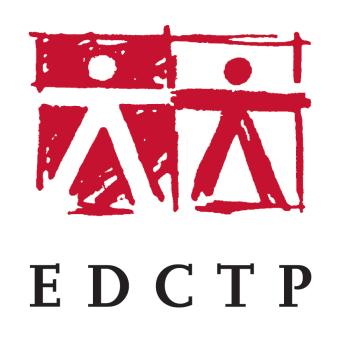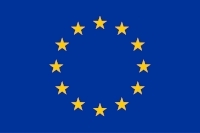Dr Rubina Bunjun
Dr Rubina (Ruby) Bunjun is currently a Carnegie-funded Junior Research Fellow in the division.
She has been at UCT since 2006. She received her BSc degree majoring in Biochemistry and Genetics in 2008. Ruby’s BSc (Hons) was under the supervision of Prof Ed Rybicki and Dr Inga Hitzeroth in the Department of Molecular and Cell Biology, and involved optimising the transient expression of Beak and Feather Disease Virus proteins in Nicotiana benthamiana plants.
Ruby began her MSc in 2010 under A/Prof Wendy Burgers (HIV and TB Pathogenesis group), which was then upgraded to a PhD in 2013. Her project examined the effect of HIV co-infection on the T cell response to Mycobacterium tuberculosis, with an emphasis on lung mucosal immunology, and Th22 cells.
She then completed her postdoctoral research with A/Prof Jo-Ann Passmore (MIG laboratory), funded by grants and fellowships from the NIH (PI Passmore) and Carnegie Corporation (PI Bunjun). Her research focused on treatable factors influencing HIV acquisition risk in young women, particularly hormonal contraception and sexually transmitted infections.
Ruby has since shifted her focus to the ongoing global crisis. Her current research, funded by the EDCTP, examines pre-existing immunity to SARS-CoV-2 in South African adolescents.

Assessing cross-reactive immunity to SARS-CoV-2 in adolescents
EDCTP Career Development Fellowship awarded to Dr R Bunjun
Sponsor: A/Professor Wendy Burgers
Do South African adolescents have pre-existing immunity to SARS-CoV-2?
Children and adolescents typically have milder COVID-19 disease than adults. This could be due to higher pre-existing immunity to SARS-CoV-2 from more frequent infections with "common cold" coronaviruses in younger individuals. Therefore, we aim to evaluate pre-existing, cross-reactive immunity to SARS-CoV-2 in South African adolescents. This study will generate important new knowledge on adolescents, who are typically understudied during this pandemic, and will have implications for the improved design of interventions. This project (TMA2020CDF-3187) is part of the EDCTP2 programme supported by the European Union.
